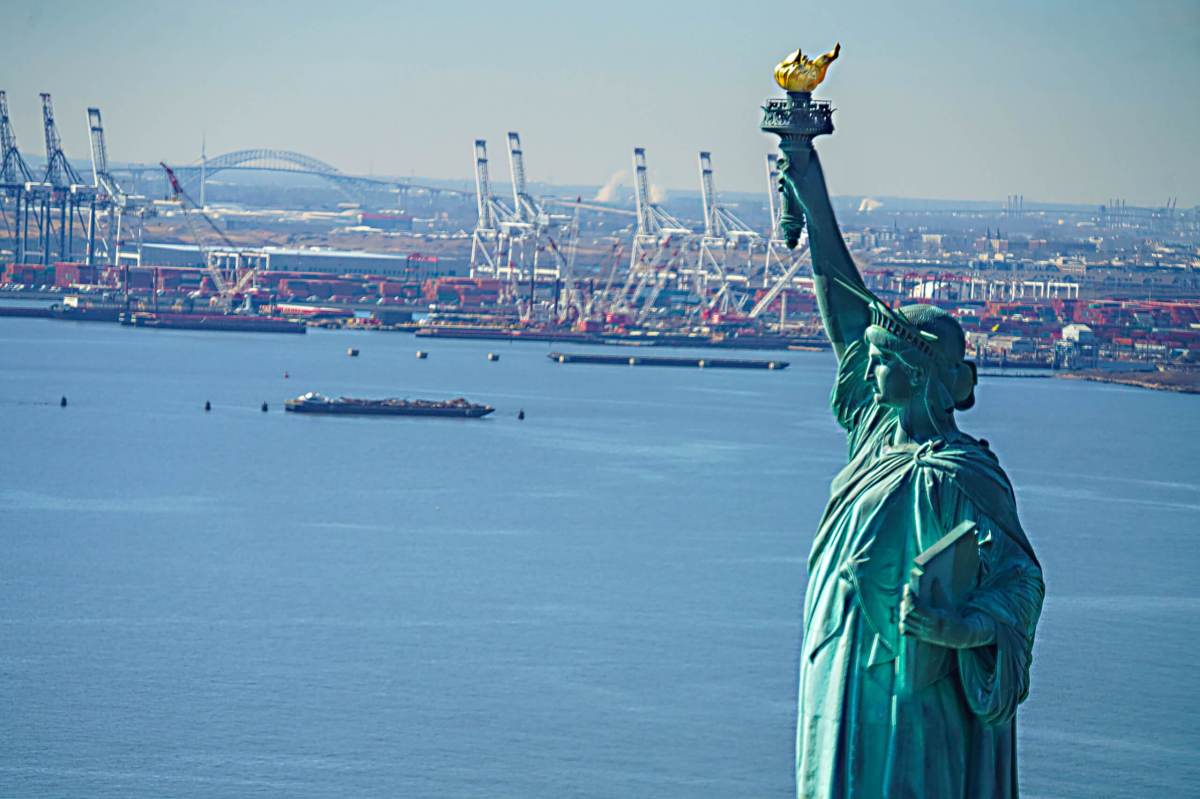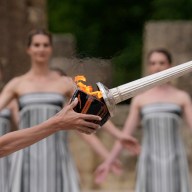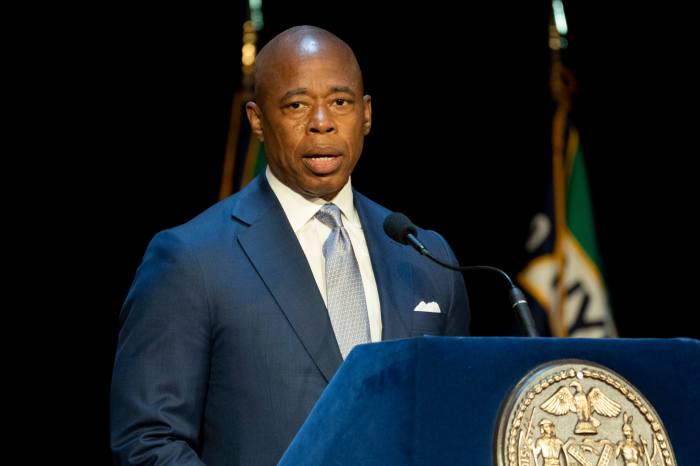On the Sound of Music stage, Kevin Dixon is responsible for 70 different automated pieces of scenery, including one that weighs 20,000 pounds.
He’s the head of automation with Mirvish Productions’ Sound of Music at the Princess of Wales Theatre and he says the most satisfying part of his job is when all the pieces come together as they are meant to, like magic.
“Theatre presents a lot of problems to be solved,” he said. “The best part is the feeling of accomplishment when you pull it off.”
The Von Trapp family home, for example, is made up of four parts and in order to bring those parts together, it requires eight different motors.
Dixon is responsible for the home coming together seamlessly, several times a show, eight shows a week.
The house coming together without a glitch may be one of the most important technical aspects of the show since so much action takes place on the grand staircase.
The audience first meets the seven Von Trapp children as they march down the stairs to their father’s whistle commands; and they sing their memorable exit song “So Long, Farewell” at the end of the Captain Von Trapp’s party, trailing up the staircase to bed, one by one.
On the night Metro spoke with Dixon, he noted it would soon be time for maintenance — which takes place about every two weeks — because the house wasn’t gliding together as effortlessly as it should.
Dixon is also responsible for the maintenance and safety of an approximately 20,000 pound slab of “mountain” that tilts in different directions and slides around the stage, representing the Austrian hills.
The audience is introduced to Maria in scene one, daydreaming on the grassy slab; and the formidable sheet of rock helps the Von Trapp family escape from Austria into friendly Switzerland after the Nazis commandeer their homeland.
It’s Dixon and his team’s jobs to ensure all 70 automated pieces of scenery are in top condition every day, for the safety of the cast and crew, and of course the audience.
“The safety aspect trumps everything,” he said.
Dixon learned about the technical aspects of theatre through his degree at Ryerson University’s theatre school.
He did most of his early work behind the scenes as an electrician and says he fell into automation when Phantom of the Opera came to town and he was asked to help with the automated parts of the show.
















